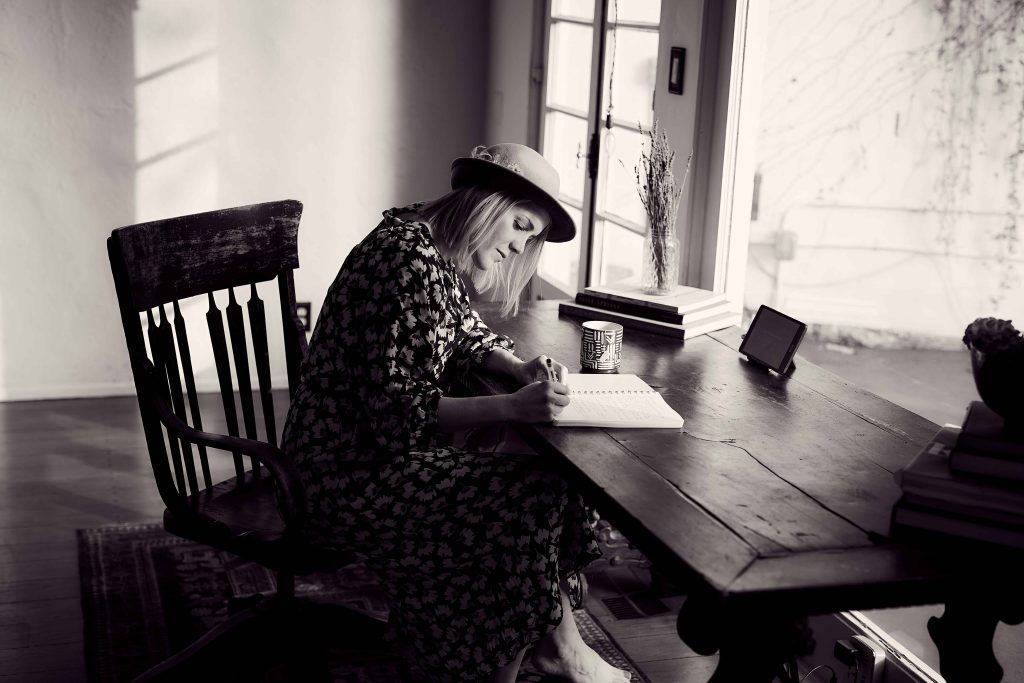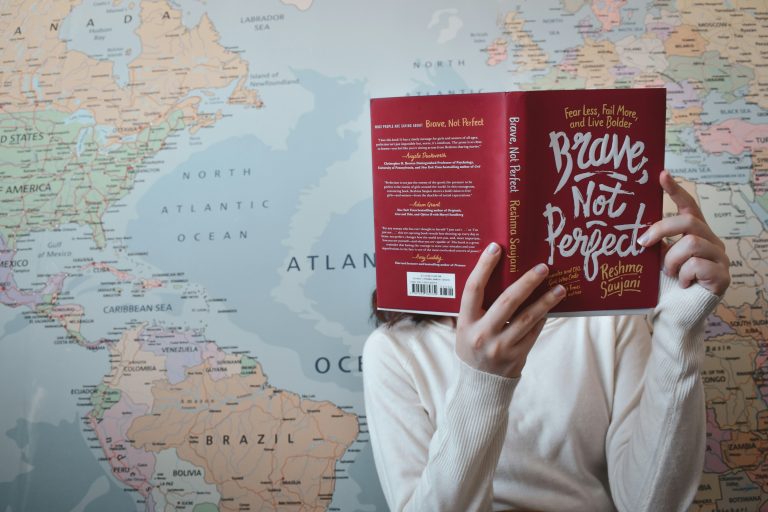Literary Criticism in Portugal: Exploring Its Evolution and Key Figures in 2024
Literary criticism serves as both a reflective mirror and a visionary guide, facilitating deeper engagement with literary texts while contextualizing them within broader cultural and historical frameworks. In Portugal, this tradition of critical inquiry has traversed centuries, evolving alongside shifting intellectual currents and societal paradigms. Our thesis embarks on a journey to unravel the developmental nuances of Portuguese literary criticism, spotlighting seminal figures who have navigated its ever-changing terrain.
Historical Development of Literary Criticism
Early Stages (Pre-18th Century)
The genesis of Portuguese literary criticism can be traced back to its early stages, steeped in the legacy of Classical Rhetoric and the intellectual milieu of the Renaissance. During this epoch, literary academies and schools emerged as bastions of erudition, fostering scholarly discourse and pedagogical pursuits. These formative influences laid the groundwork for subsequent critical endeavors, shaping the contours of Portuguese intellectual thought.
The Age of Enlightenment (18th Century)
The dawn of the Enlightenment heralded a new chapter in Portuguese literary criticism, characterized by the ascendancy of Neoclassicism and the influx of foreign critical paradigms. Inspired by the ideals of reason and rationality, Portuguese critics grappled with questions of aesthetic norms and literary decorum, mirroring the broader European zeitgeist of the era. The reverberations of French Classicism reverberated across Portuguese literary circles, engendering a dialogue between indigenous traditions and transnational influences.
Romanticism and Realism (19th Century)
With the advent of Romanticism and Realism in the 19th century, Portuguese literary criticism underwent a profound metamorphosis, as scholars embraced a more nationalistic and historical approach to literature. The Romantic ethos of individualism and emotional expression found resonance in the critical discourse, while Realist principles of social verisimilitude and psychological depth enriched interpretive frameworks. Esteemed figures emerged as torchbearers of Romantic and Realist criticism, leaving an indelible imprint on the evolving landscape of Portuguese letters.
20th Century and Beyond
The 20th century witnessed a proliferation of modern critical theories in Portugal as Formalism, Marxism, and Structuralism exerted their intellectual hegemony over the domain of literary criticism. Against the backdrop of social and political upheavals, critics grappled with issues of power, ideology, and representation, interrogating the nexus between literature and society. Contemporary trends continue to shape Portuguese literary criticism, reflecting the dynamic interplay between tradition and innovation in the quest for interpretive insight.
Key Figures
Fernando Pessoa (1888-1935)
Fernando Pessoa stands as a towering figure in the annals of Portuguese literary criticism, renowned for his innovative approach to literary theory and profound insights into the nature of authorship and identity. Through his seminal work, “The Book of Disquiet,” Pessoa navigated the labyrinthine corridors of subjectivity, challenging conventional notions of selfhood and artistic expression.
José Saramago (1922-2010)
José Saramago, the Nobel laureate and luminary of Portuguese letters, occupies a seminal position in contemporary literary criticism. His oeuvre transcends conventional boundaries, blending elements of allegory, metafiction, and social commentary to offer incisive critiques of power dynamics and human frailty. Saramago’s unorthodox narrative techniques and thematic preoccupations continue to inspire critical inquiry and scholarly debate.
Conclusion
In conclusion, the trajectory of literary criticism in Portugal embodies a rich tapestry of intellectual inquiry and creative ferment, spanning centuries of cultural evolution and ideological upheaval. From its nascent origins rooted in Classical antiquity to its contemporary manifestations informed by global currents, Portuguese literary criticism remains an ever-evolving discourse, perpetually in dialogue with the past and poised towards the future. As we navigate the labyrinthine corridors of interpretation, let us continue to honor the legacy of past luminaries while charting new vistas of critical insight and imaginative discovery.
Explore the intricate blend of culture, tradition, and imagination woven into the fabric of children’s literature in Portugal.










